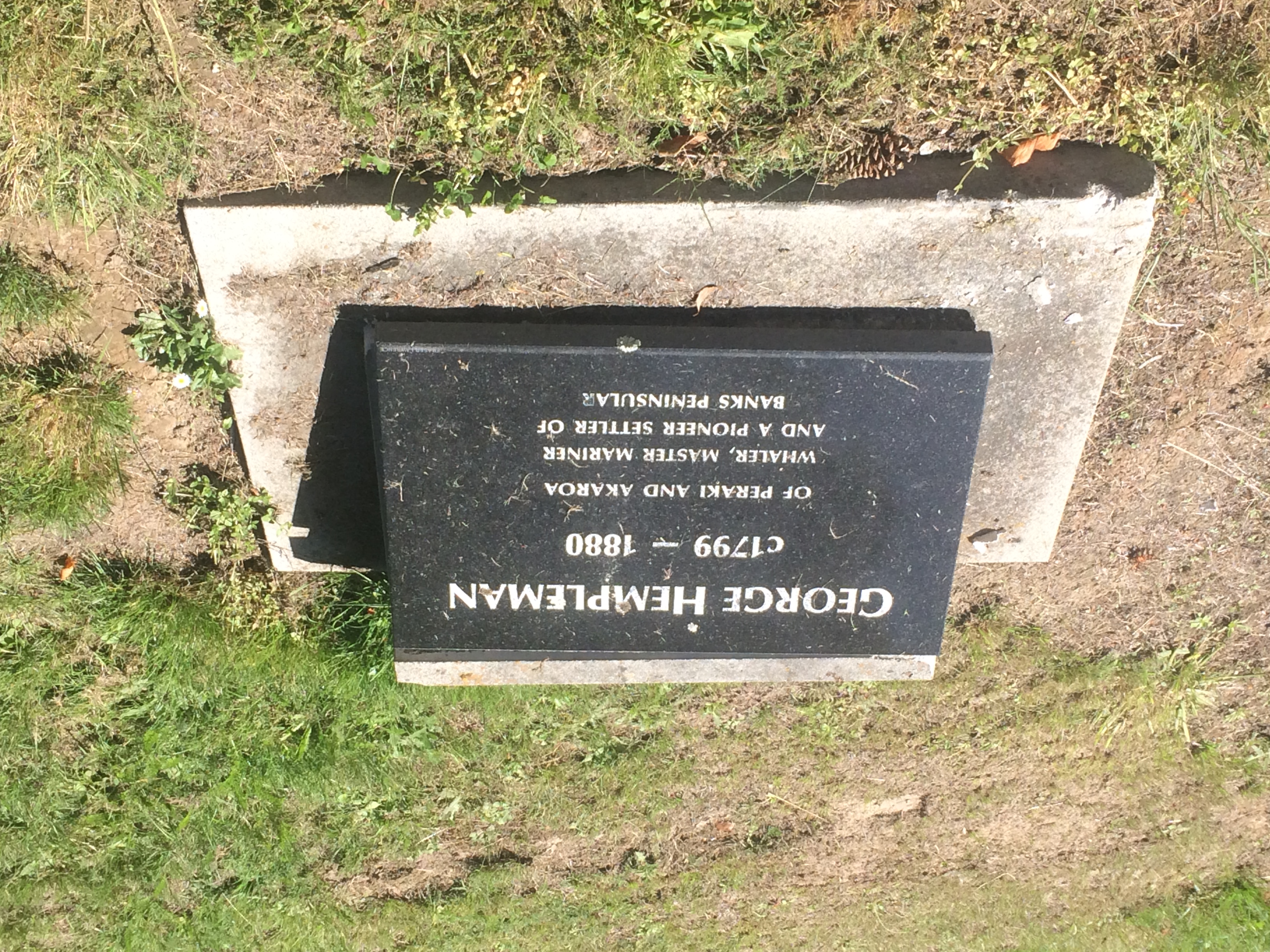Peraki on:
[Wikipedia]
[Google]
[Amazon]
 Peraki, a
Peraki, a
 Peraki, a
Peraki, a Māori language
Māori (), or ('the Māori language'), also known as ('the language'), is an Eastern Polynesian language spoken by the Māori people, the indigenous population of mainland New Zealand. Closely related to Cook Islands Māori, Tuamotuan, and ...
place name with an initial spelling of Pireka, is a bay on the south side of Banks Peninsula
Banks Peninsula is a peninsula of volcanic origin on the east coast of the South Island of New Zealand. It has an area of approximately and encompasses two large harbours and many smaller bays and coves. The South Island's largest cit ...
, New Zealand. It is the site of the first permanent European settlement in Canterbury. George Hempelman, a Prussian whaler, established a whaling station in the bay in 1835, and from 1837 lived there permanently. Peraki has a small cemetery, one of the earliest European cemeteries in New Zealand.
The Wairewa and Akaroa Counties paid for a memorial to Hempelman that was placed on Peraki Beach in March 1939. The memorial is made up of a whale try pot with the following inscription:
Erected to commemorate the centenary of the first white settler in Canterbury, New Zealand, Captain George Hempelman, who established a whaling station at Peraki in 1835.Hempelman flew the German flag in front of his house, and in 1840 he was ordered by Captain
Owen Stanley
Captain Owen Stanley FRS RN (13 June 1811 – 13 March 1850) was a British Royal Navy officer and surveyor.
Life
Stanley was born in Alderley, Cheshire, the son of Edward Stanley, rector of Alderley and later Bishop of Norwich. A brother w ...
of HMS ''Britomart'' to take it down, with the Union Jack raised instead.
References
{{Banks Peninsula Bays of Canterbury, New Zealand Banks Peninsula German-New Zealand culture Landforms of Canterbury, New Zealand Beaches of New Zealand Whaling stations in New Zealand